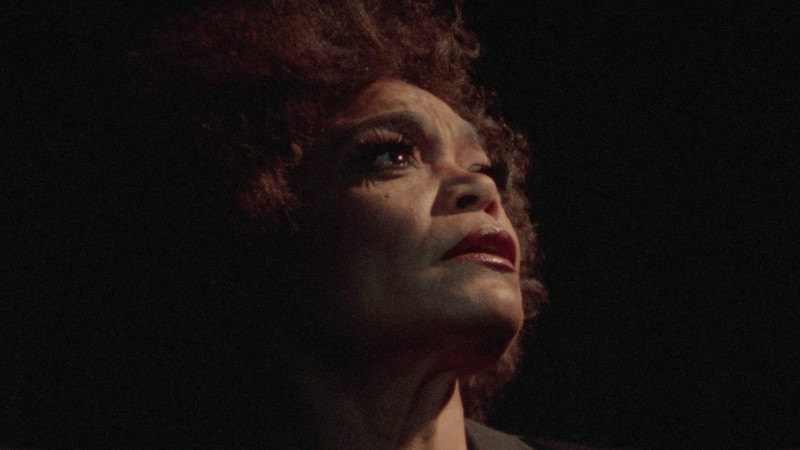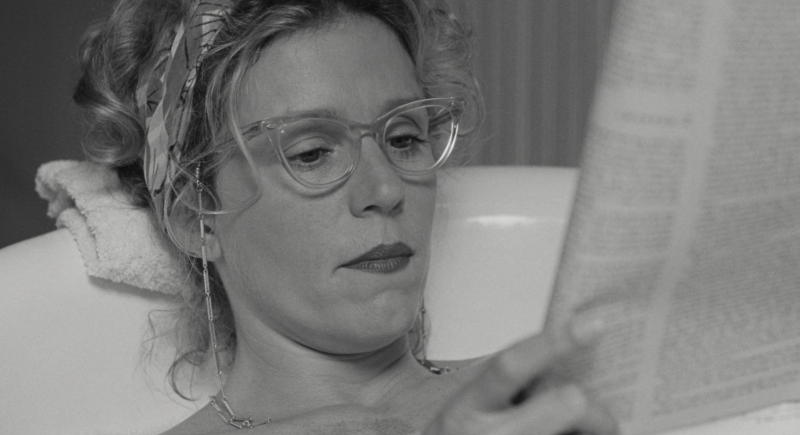The Art of the Chore: Roberta Cantow’s Feminist Classic Clotheslines

The Art of the Chore: Roberta Cantow’s Feminist Classic Clotheslines
Domestic work offers both an agonizing ennui and the satisfaction of a necessary task being completed. In the 1981 documentary Clotheslines, filmmaker Roberta Cantow mines these two moods, as well as the subtler emotions that fill the distance between them. Over the course of this thirty-two-minute, nearly ekphrastic meditation on the art of laundry, we listen to twenty-one women reconcile their feelings about this mundane chore. Cantow’s interviews with them play out over impressionistic 16 mm footage of high-hanging delicates, vigorous handwashing, and socks being clipped one by one onto nearly invisible lines.
These disembodied voices are multigenerational, and they emanate from different parts of New York City. Presented with them is a collage of found visuals that spans the globe, suggesting that the burden of dirty clothes weighs just as heavily on women outside of Cantow’s neck of the woods. And those frenetic interstitial sounds of garbled chatter and acid jazz? They illustrate the chaos of attempting to distill centuries’ worth of mostly uncharted discourse about domesticity and patriarchy into the pocket of a half-hour. To Cantow’s credit, that pocket proves to be a deep one. Clotheslines expands on a tradition of feminist cinema established in the seventies by a wave of filmmakers who aired their own grievances on similar themes, including Chantal Akerman, Julia Reichert, Amalie R. Rothschild, and Claudia Weill.
It’s clear from the beginning of Clotheslines that each of Cantow’s subjects has her own perspective on the topic at hand. One woman, with shards of resentment in her voice, reflects on the laundry she was forced to do while finishing school and calls it “the bone in my throat.” The chore was an unwelcome tradition that was passed down to make her life miserable, like it did for those who came before her. Many of the women Cantow spoke to for the film admit to finding workarounds, like ironing while lying down or signing up for a cloth-diaper service to catch a break, judgmental onlookers be damned. “I could still weep over it,” an older woman says when considering how much of her life she devoted to this thankless work.
But for some, the task is uniquely gratifying. One woman takes pride in straining to get her clothesline just right, paying special attention to size, weight, color, and the number of pins used for each swatch of fabric, in hopes that the neighbors will marvel at her handiwork. They’re “pieces of sculpture,” she proclaims, as if referring to marble statues in the Louvre. This pride turns a strict ritual into an activity to be delighted in. “It’s a show place,” she says of her cabinets containing neatly folded linen. She thinks of houseguests as museumgoers, and waits for the stray compliment from an overnight visitor reaching for a fresh washcloth.





